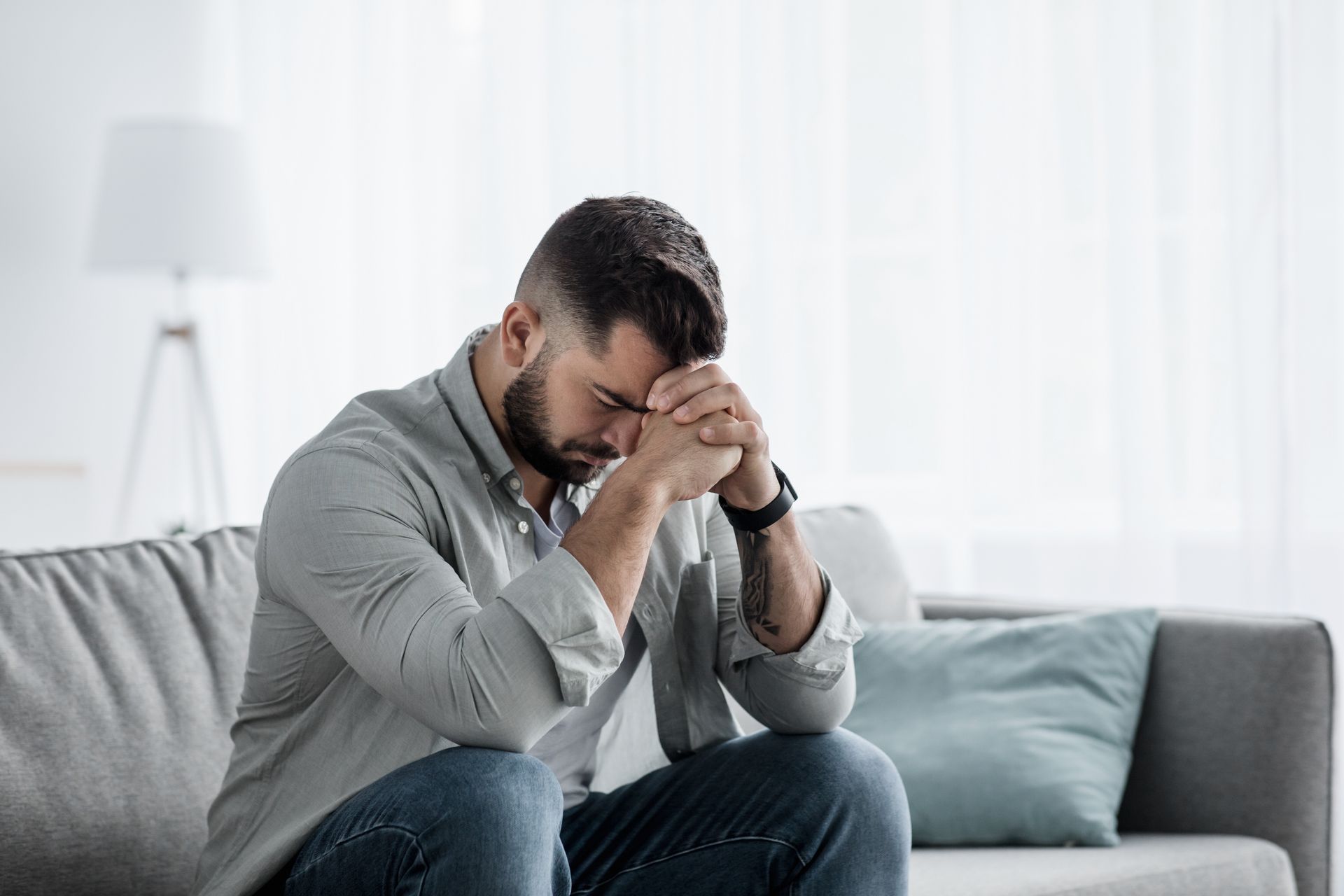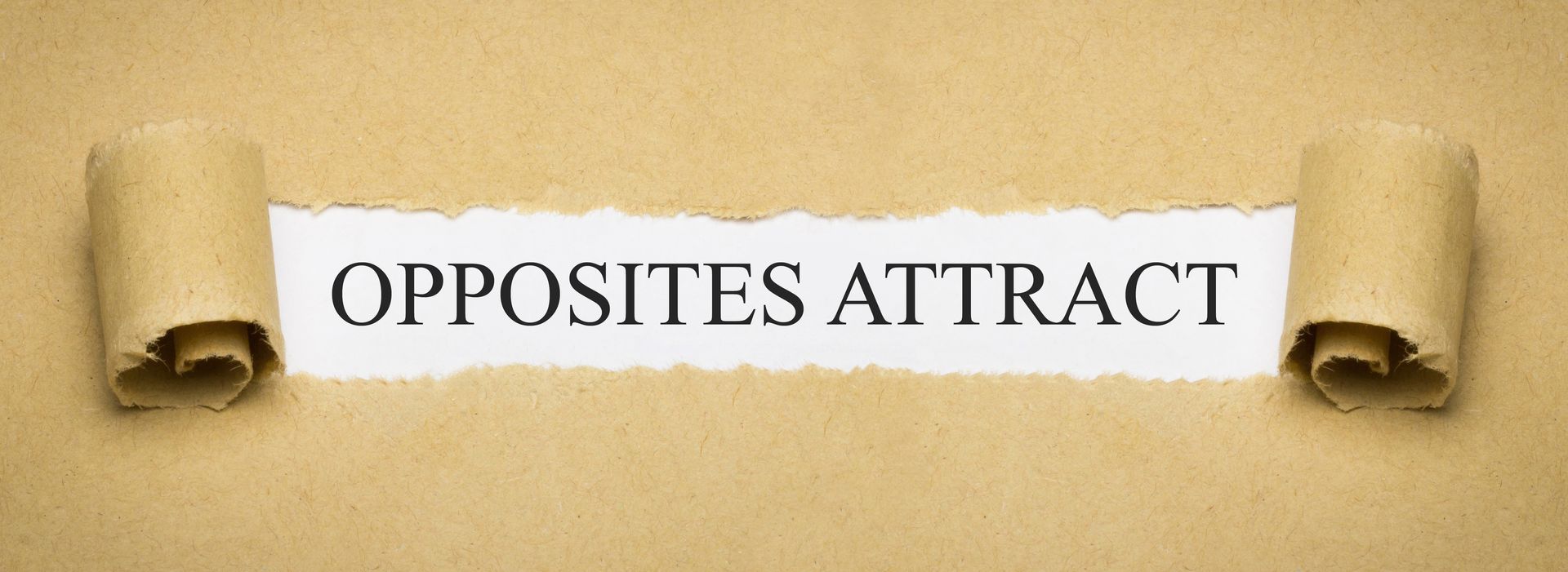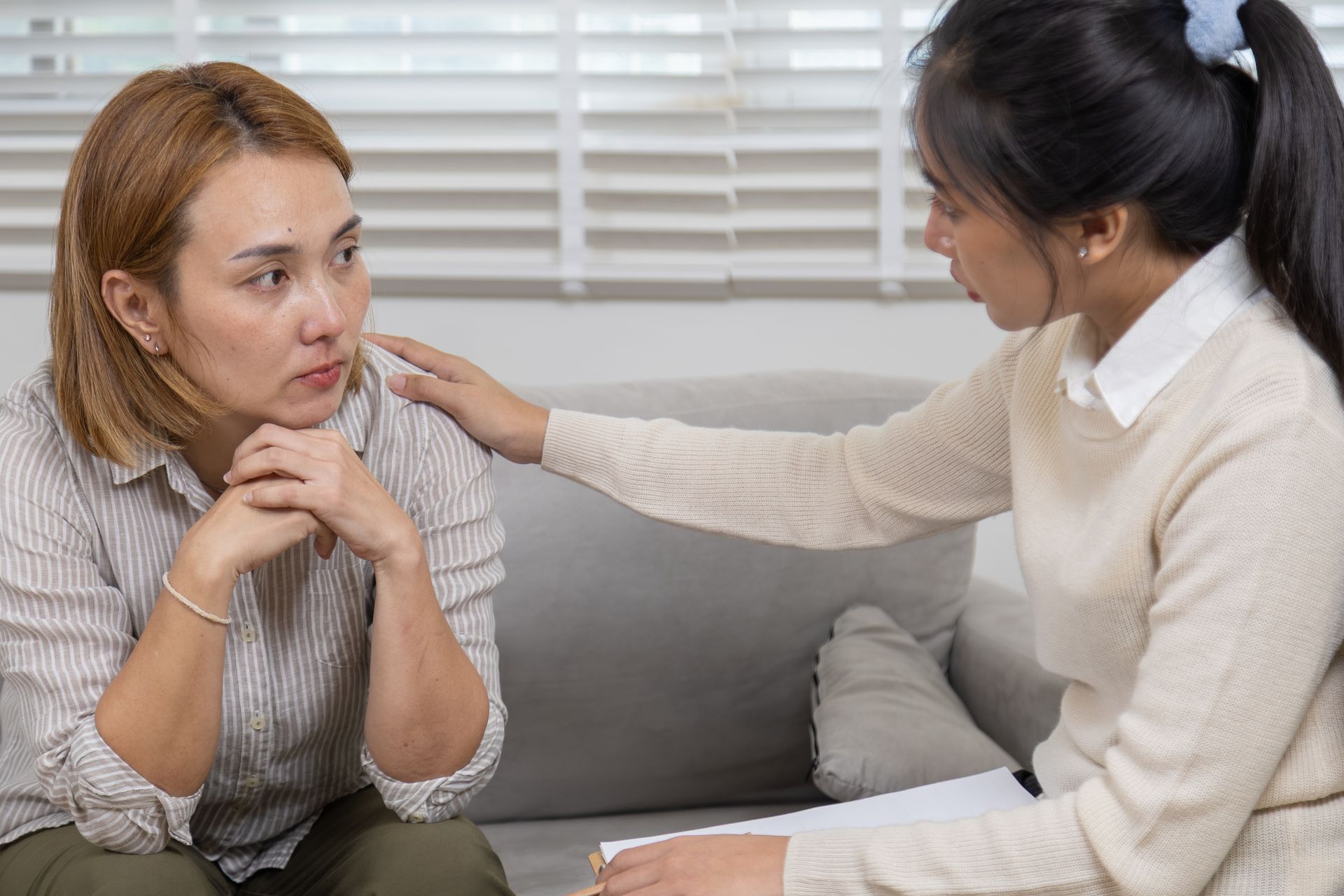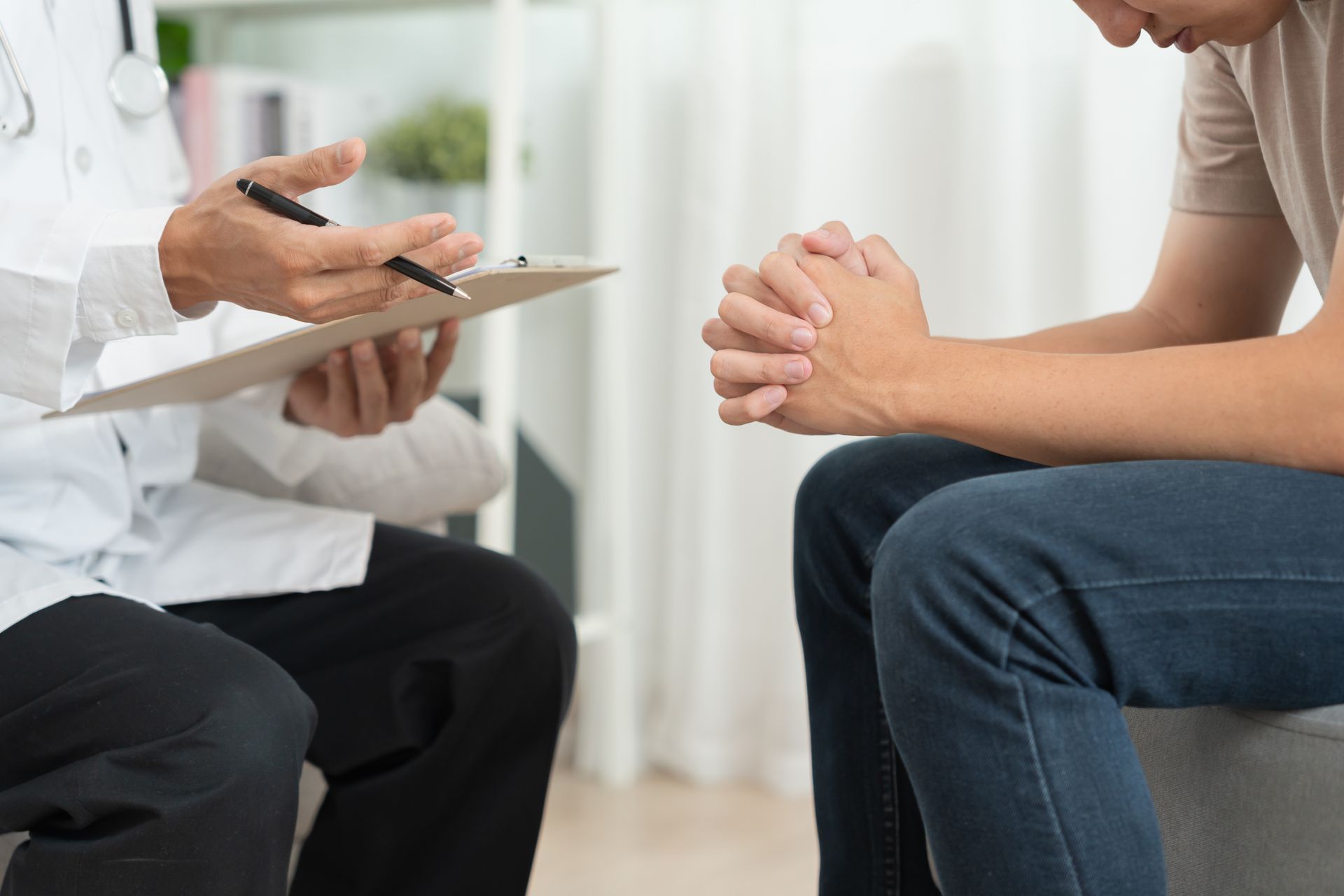Breaking the Stigma: Medications Are Effective for Mental Health Treatment.

You’ve probably read that taking medication can be problematic for mental health sufferers. Unfortunately, there is a ton of misinformation online. While there are natural remedies that can assist with certain mental illnesses, some people need extra help. Medication can offer relief to recurring symptoms.
There is no shame in it either. We want to break the stigma. Medication and therapy can help you recover quicker.
In the treatment of co-occurring illnesses, prescribed drugs are crucial. They can help to alleviate symptoms and avoid mental relapses. Medications can also aid in the reduction of cravings and the maintenance of abstinence from addictive drugs.
Patients must make an informed decision about taking drugs and understand the possible advantages and costs connected with pharmaceutical use in order to get the most out of them. They must also follow a mental health professional's prescription for medicines.
Taking medicine is not the same as abusing substances. Some persons in recovery from substance abuse may believe that taking any medicine is harmful. A mood-management medicine, on the other hand, is not the same as a mood-altering substance.
- What is effective medication?
- Why Use Medication?
- Addressing Side Effects
- Medication Use and Mental Health Symptoms
- Types of Medication Used
- Final Thoughts
Let’s begin!
What is effective medication?
All of the Axis I mental diseases have prescription drugs that have been developed and evaluated. Most major disorders, including mood disorders like major depression and bipolar disorder; anxiety disorders like post-traumatic stress disorder, panic disorder, social anxiety disorder, and generalized anxiety disorder; and schizophrenia and other psychotic disorders, have effective medication options.
Medication for mental health illnesses has been shown to lessen or eliminate symptoms in placebo-controlled trials. Antidepressant drugs, such as selective serotonin reuptake inhibitors (SSRIs), for example, reliably decrease depression symptoms by 30% to 60% and lead to full remission in a considerable percentage of patients.
Many effective psychotherapies have been created and evaluated for a variety of mental health conditions, and people with mild to moderate illnesses can benefit from them without the need for medicines. Medication, on the other hand, is a crucial part of treatment for people who have more severe and/or long-term mental disease symptoms.
Why Use Medication?
Mental diseases cannot be cured with drugs. Instead, they attempt to alleviate many of the most distressing symptoms, allowing persons with mental illnesses to return to normal or near-normal functioning. Medication that reduces symptoms can help other therapies, such as psychotherapy, work better (a type of counseling).
Addressing Side Effects
The biggest concern with patients and medication is the side effects. Medications may cause unwanted side effects at first.
Prescribers should try to resolve the situation if a patient reports side effects or alters the way he or she takes drugs as a result of adverse effects. Full sympathetic attention to the problem and assurance that it will pass might sometimes be enough to alleviate anxiety. Serious adverse effects or those that interfere with functioning should be addressed by adjusting the medicine's schedule or dose, taking it with or without food, or switching to a different medication. To treat nonadherence, a medication switch may be necessary.
Medication Use and Mental Health Symptoms
Some patients may mistake pharmaceutical usage for mental health condition symptoms. In this case, meticulous documenting of mental health condition symptoms before giving medication is beneficial. Patients suffering from psychosis, for example, may claim that the medicine causes them to have hallucinations.
Patients who suffer from depression and exhaustion may blame their fatigue on their medicine. Education and reminders can be helpful, but if a patient is fully convinced that the medication is causing mental health disorder symptoms, switching medications may be an option to address this problem.
Types of Medication Used
There are a variety of medications available to treat mental diseases. Antidepressants, anti-anxiety, antipsychotic, mood-stabilizing, and stimulant drugs are among the most regularly prescribed.
Types of Medication to Treat Depression:
- Selective serotonin reuptake inhibitors (SSRIs), such as citalopram (Celexa), escitalopram oxalate (Lexapro), fluoxetine (Prozac), fluvoxamine (Luvox), paroxetine HCI (Paxil), and sertraline (Zoloft).
- Selective serotonin & norepinephrine inhibitors (SNRIs), such as desvenlafaxine (Khedezla), desvenlafaxine succinate (Pristiq), duloxetine (Cymbalta), levomilnacipran (Fetzima), and venlafaxine (Effexor).
Types of Medication to Treat Anxiety Disorders:
- Antidepressants, particularly SSRIs, have been shown to help with a variety of anxiety disorders.
- Benzodiazepines, such as alprazolam (Xanax), clonazepam (Klonopin), diazepam (Valium), and lorazepam (Valium), are other anti-anxiety drugs (Ativan). Because these medicines have a high risk of addiction, they are not recommended for long-term usage. Drowsiness, poor attention, and irritability are all possible adverse effects.
Types of medication to Treat Psychotic Disorders
- Antipsychotics are a family of medications often used to treat psychotic disorders, which are mental illnesses in which patients experience illogical thoughts and erroneous beliefs (delusions) or perceptions (hallucinations), as well as mood disorders including bipolar disorder and significant depression.
Types of Medication to Treat Attention Deficit Hyperactivity Disorder
- Stimulants are another class of medications that may be used to treat certain diseases, particularly attention deficit hyperactivity disorder (ADHD). Amphetamine salt combination (Adderall, Adderall XR), methylphenidate (Daytrana) patch, dextroamphetamine (Dexedrine), lisdexamfetamine (Vyvanse), and methylphenidate (Concerta, Quillivant XR, Ritalin) in tablet form are the most regularly used stimulants.
Your health care provider can determine which medication is right for you. Remember that medications usually take 4 to 6 weeks to become fully effective. And if one drug does not work, there are many others to try.
Final Thoughts
There is nothing to be ashamed about. Modern medicine can help treat illnesses that were once incurable or misjudged. It’s important to remember that medication is a tool to help treat mental illness and its symptoms. Medication and counseling together can make for the best treatment.
Medicine for mental health illnesses might take many days to weeks to take effect, and it can take months for a patient to feel the full benefits of the medication. The drug should be taken for around six months after the mental health issue has stabilized over a period of months.
Depending on how persistent and severe the mental health issue symptoms are, patients with mood and anxiety disorders may consider decreasing and quitting medication. Patients with bipolar illness and psychotic disorders may benefit from continuing to take their medications for considerably extended periods of time, often for the rest of their lives.











